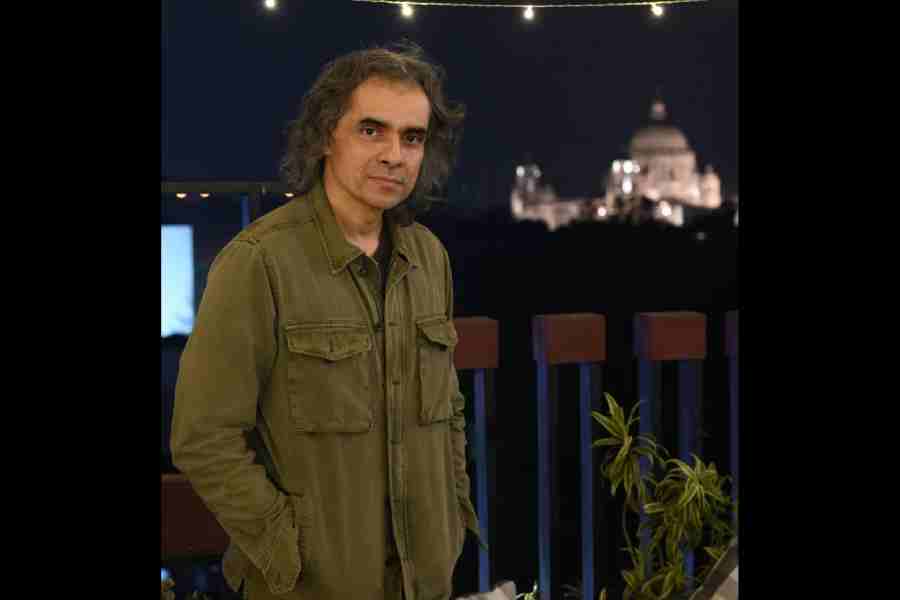Imtiaz Ali, along with fellow filmmakers Kabir Khan, Onir and Rima Das, has directed the four-in-one anthology My Melbourne. Produced by Mind Blowing Films, located in Melbourne and spearheaded by Mitu Bhowmick Lange, the film focuses on the inclusive texture of Melbourne as a city and touches upon themes like gender, sexuality and more. Imtiaz, accompanied by Onir, Rima and Mitu, was in town at the recently concluded Kolkata International Film Festival (KIFF) to showcase their film. t2 chatted with the filmmaker on his latest and beyond.
How did My Melbourne come about?
It all started with Mitu (Bhowmick Lange). She is a dear friend and was producing this film as part of her production house Mind Blowing Films. What interested me about My Melbourne is that it is about living together... it is about inclusive living.
Most of the themes covered by the four films in the anthology deal with issues of inclusive living and so I decided to attach myself to one of them, which has been directed by my brother Arif (Ali). We worked with a very diverse crew, all of which are from Melbourne. People of different genders and different abilities. That was interesting.
What is your film about?
Mine is based on gender but it is more of a displacement story. There are two characters, both ladies, who face issues of belonging, of home. One of them is a Punjabi from India who has settled in Melbourne after getting married. She has a 'house' but she doesn't have a 'home'. The other is a homeless lady who lives on the streets but, unlike the other character, she feels at 'home'.
Besides inclusive living, are there any common themes that bind the four stories? Did the four of you sit and discuss the path you would take or did you function independently?
We did talk to each other but the films were made separately. A common motif in all the films is trams. It is the visual mnemonic that binds all the films. We took a tram ride in Calcutta today to commemorate the connection. It is sad that the trams are going away from Calcutta and so are most of the yellow taxis. Trams are ecologically stable and environment friendly. I wish the city could keep them longer. It is such an indelible part of the city. I know that the old order changeth yielding place to new. But I feel bad about it. One should try and at least protect one's cultural heritage as much as possible.
From one city to another. What is it about Melbourne that appeals to you?
It is the confluence of many cultures. I love the buildings there. I just keep walking and looking at the homes in St. Kilda (an inner seaside suburb in Melbourne). It is also a very forward-facing kind of a crowd. It is a cultural place with a very modern concept.
You had a good 2024 with huge praise for Amar Singh Chamkila and the successful re-release of Laila Majnu. How do you look back at the year gone by?
Through various things, the one thing that year 2024 has taught me is that one must focus on what they think is precious in themselves, their thoughts and in the world around them. Year 2024 has also taught me that too much of calculation is unnecessary in a creative field. The work that we do is more important to focus on, what is of value inside us and try to portray it to the audience in the best way possible.
As far as the Hindi film industry is concerned, I feel that the business needs to put the creative first. They need to put stories ahead of strategies. Strategies have never worked in the film industry. We are not here because we are financial geniuses or economic wizards. We are here because we are storytellers. So we must focus on making what we know best. The rest is perhaps not in our control and we should understand that the only way we can bring things in our control is by making our work good. We focus on everything else. But the truth is that sometimes the simplest step is to just look inwards and try to make your films better. That is all we need to do. We just talk about so much analysis and so much strategy and waste our time.











